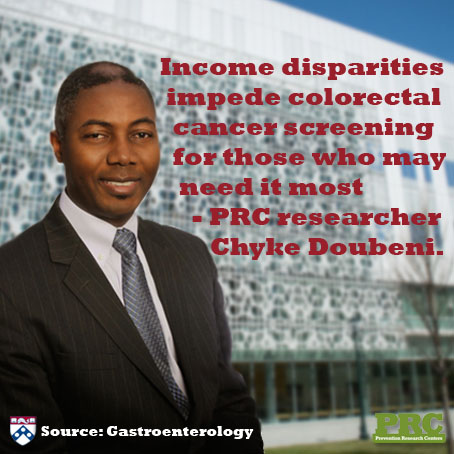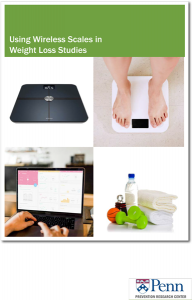Abramson Cancer Center Population Science Research Seminar Series

The Population Science Research Seminar Series is designed to offer state-of-the-art knowledge on advances in oncological research and care. Including new clinical and laboratory investigations, techniques, and practices, as well as to facilitate new initiatives in translational and clinical research in oncology at Penn Medicine.
The seminars are held monthly at various locations at Penn.
This interdisciplinary seminar series is presented by the Abramson Cancer Center, and provides a venue for basic-science and clinical faculty to hear about cutting-edge work in all areas of cancer. The series features invited speakers on various relevant subjects, and Penn Medicine faculty with expertise in selected topics related to cancer.
Speakers in our series represent the major research programs at Penn Medicine’s Abramson Cancer Center, CHOP and the Perelman School of Medicine.
Sponsors include:
- Abramson Cancer Center
- Penn Medicine
- Community Engagement and Research Core
- ITMAT
- UPenn Prevention Research Center.
Please contact our administrative coordinator, Claudia Caponi, with questions and registration information.






